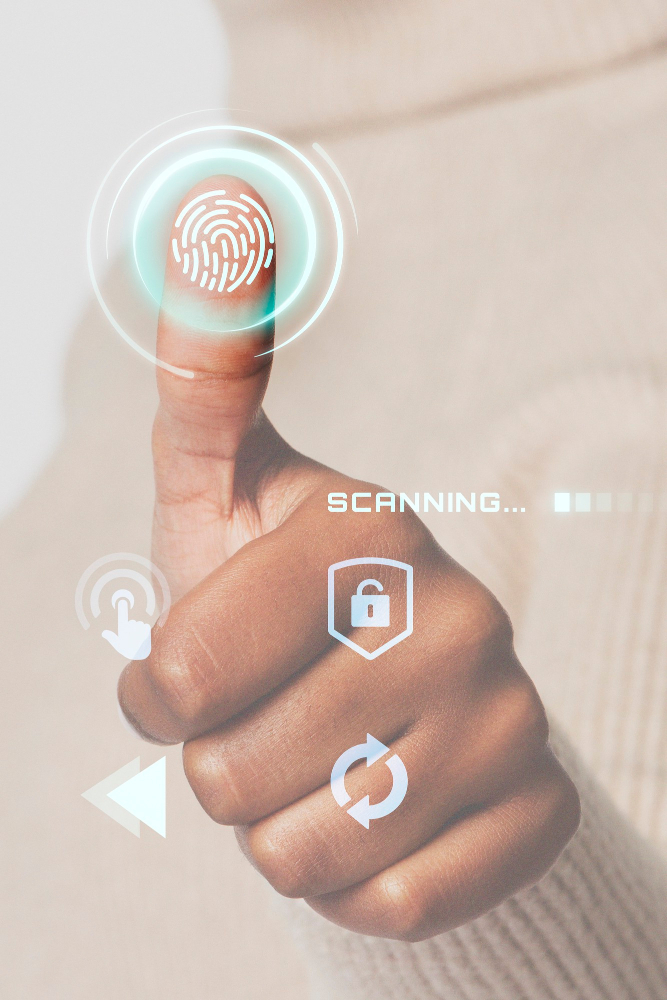Biometric payment systems are a type of technology that uses unique physical or behavioral characteristics to verify a user’s identity for financial transactions. This technology represents a shift towards more secure and convenient methods of payment, as it eliminates the need for traditional methods such as passwords or PINs. Instead, biometric payment systems use features like fingerprints, facial recognition, or voice recognition to authenticate a user’s identity.

One of the primary benefits of biometric payment systems is their heightened security. Biometric data is difficult to replicate or steal, making it a more secure method of authentication compared to traditional methods. This reduces the risk of fraud and identity theft, which can provide peace of mind for both consumers and businesses.
Biometric payment systems also offer greater convenience for users. Instead of having to remember complex passwords or carry around multiple cards, users can simply use their unique biometric data to complete transactions. This streamlined process can save time and make everyday purchases more efficient.
Another advantage of biometric payment systems is their versatility. This technology can be implemented in a variety of settings, from retail stores to online shopping platforms. This means that users can enjoy the benefits of biometric authentication across different channels, enhancing their overall payment experience.
Biometric payment systems can help reduce friction in the payment process. By eliminating the need for physical cards or passwords, users can complete transactions more quickly and easily. This can lead to higher conversion rates for businesses and a smoother overall shopping experience for consumers.
Biometric payment systems offer increased accessibility for individuals with disabilities. Traditional forms of authentication, such as entering a PIN or signing a receipt, can be challenging for those with certain impairments. Biometric technology provides a more inclusive and user-friendly alternative for these individuals.
As technology continues to evolve, biometric payment systems are becoming more common in the marketplace. Many major companies and financial institutions are investing in this technology to improve security and user experience. This trend is expected to continue as consumers increasingly prioritize convenience and security in their financial transactions.
There are some concerns surrounding biometric payment systems, particularly regarding privacy and data security. Biometric data is highly sensitive information that must be protected from unauthorized access or misuse. Companies that implement biometric technology must adhere to strict privacy regulations and ensure that user data is stored and transmitted securely.
Despite these concerns, the benefits of biometric payment systems are significant. By offering a more secure, convenient, and versatile method of authentication, this technology has the potential to revolutionize the way we make payments. As more consumers and businesses adopt biometric payment systems, we can expect to see continued growth and innovation in this space.